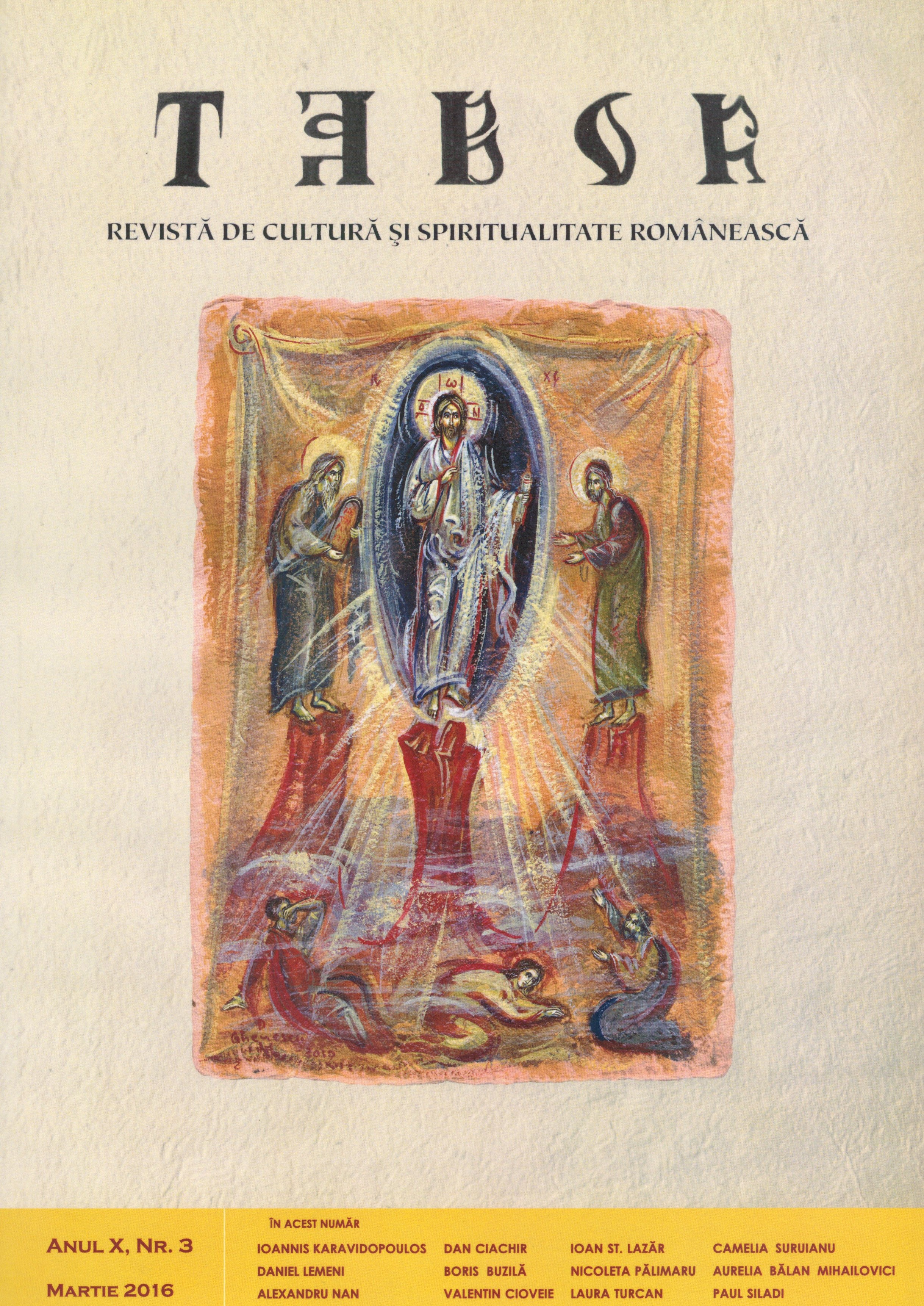Practica spovedaniei la Părinţii deşertului: un sistem ascetic original
The practice of confession to the Desert Fathers: A genuine ascetic system
Author(s): Daniel LemeniSubject(s): Pastoral Theology
Published by: Renaşterea Cluj
Keywords: repentance; ecclesiastical penance; monasticism; Apophtegmata Patrum; bishop; Desert Fathers;
Summary/Abstract: In this paper we examine the value of monastic repentance and its relationship with the ecclesiastical penance (epitimion). Penance, understood in its widest and most general sense, is the process through which a person restores communion with God. The present study focuses on one particular conception of penance and its ramification: the idea of a personal relationship with God that is severed through sinful deeds but can be renewed with the assistance of others. The examples under consideration here are part of a larger Christian understanding of penance as an individual process of redemption that does not necessarily involve the institutional Church nor require the ritual assistance of a priest or a bishop. Generally, in the process of the penance, the bishop (or the priest acting on behalf of the bishop) acts on the basis of his power to bind and loose, as a successor of the Apostle Peter. Briefly, the power to bind and loose was part of the ecclesiastical office. Also, repentance was an integral part of the monk’s routine, and not an element of the sacramental system (confession of sin). This fact explains some of the differences between penitence in the Church and in monastic practice during the fourth century. As we shall argue below, monasticism can also be conceived as a state of extended penance to obliterate existing sin. The repentance was particularly relevant as a pedagogical tool in the instructions of a spiritual father (Abba) to his disciple. In contrast to the tendency to formalize penitence in the Church, the penitence in Apophtegmata shows no sign of institutionalization.
Journal: TABOR. Revistă de cultură şi spiritualitate românească
- Issue Year: X/2016
- Issue No: 03
- Page Range: 11-20
- Page Count: 10
- Language: Romanian
- Content File-PDF

